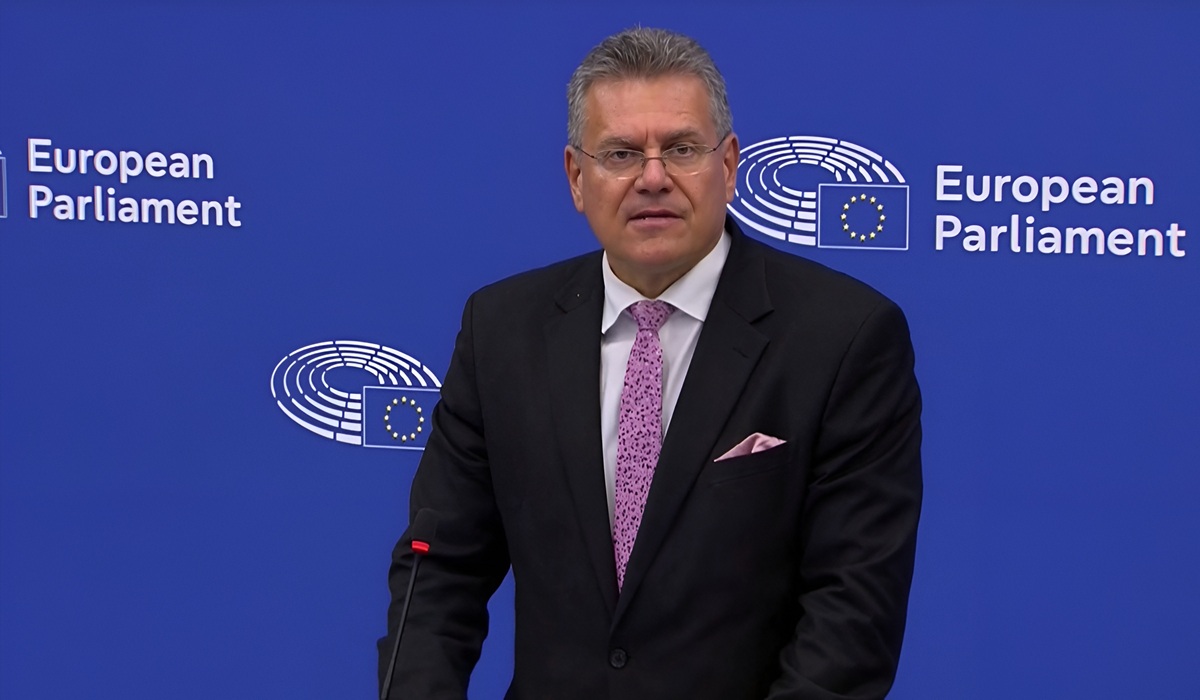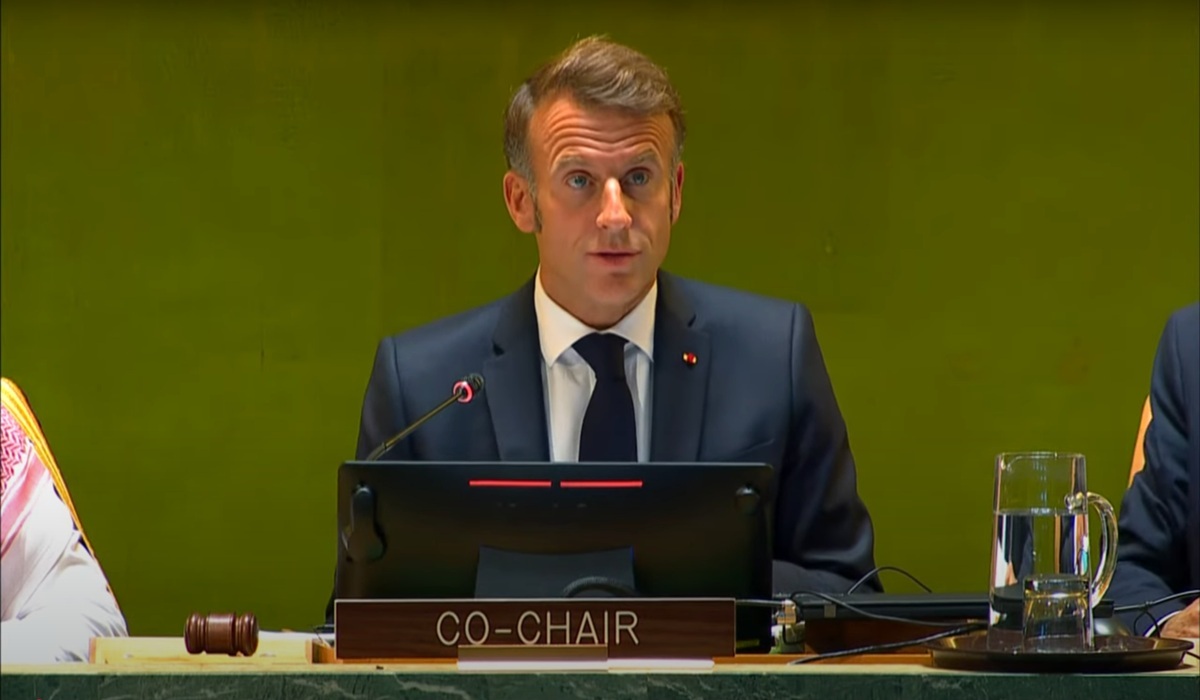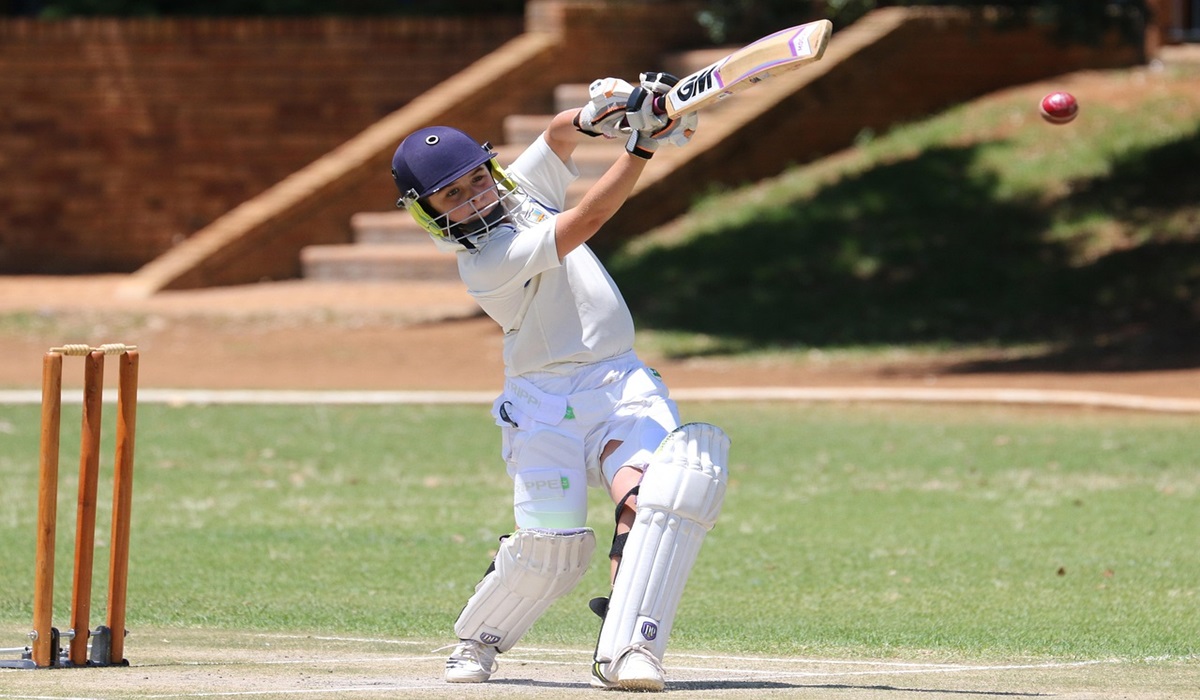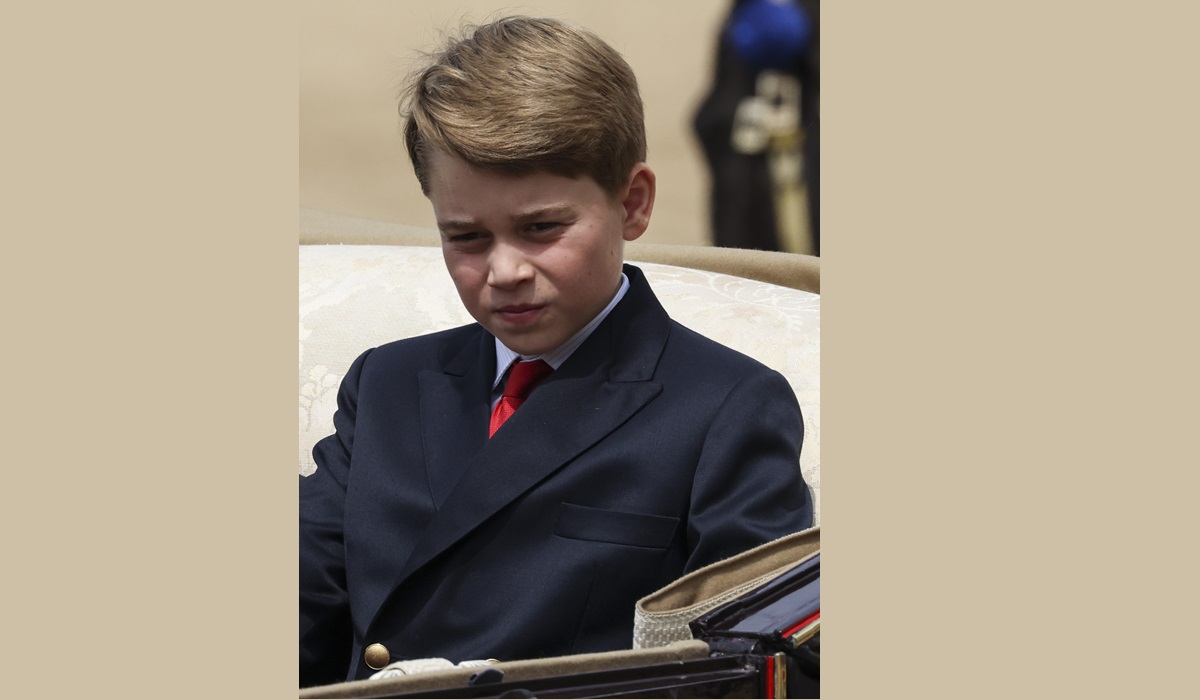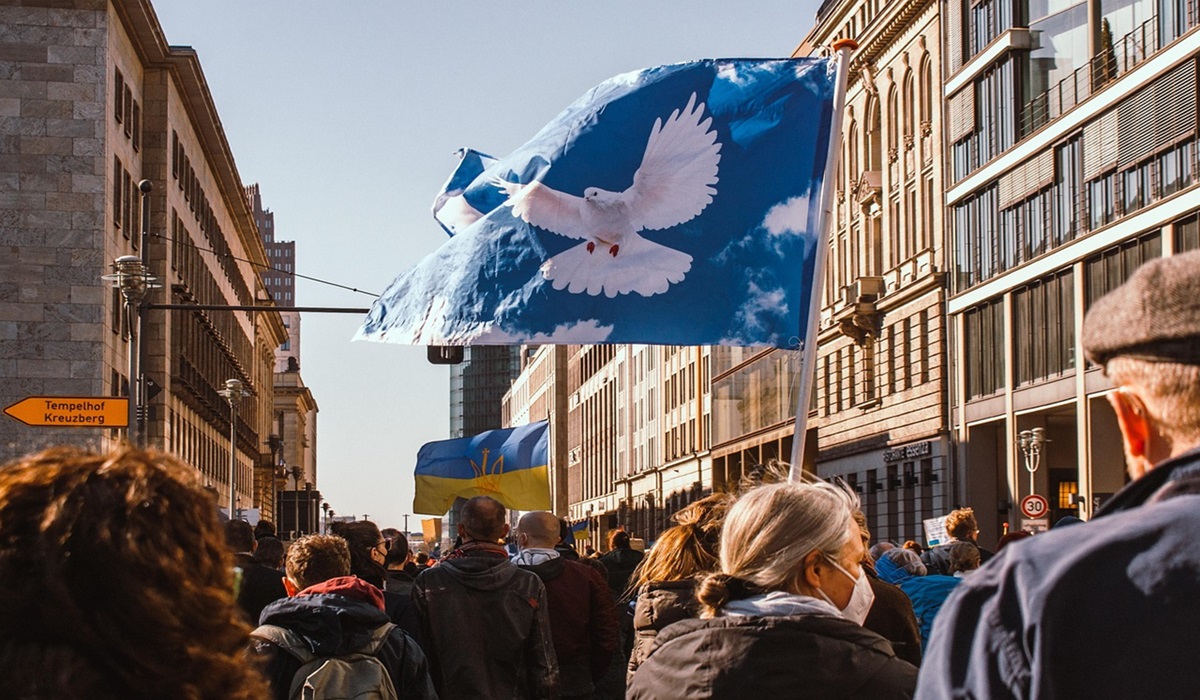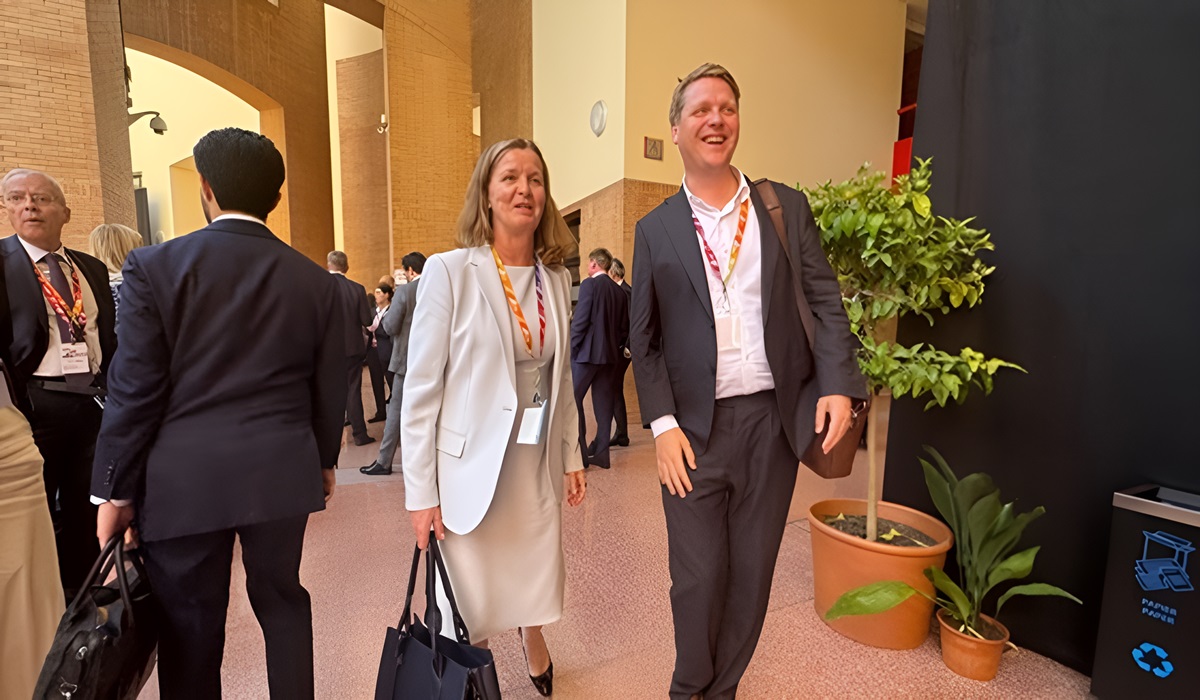Image Credit, Geralt
A new survey from the Peace Research Institute Oslo (PRIO) has unveiled a sharp increase in the number of Norwegians fearful of war, global instability, and the erosion of democracy, both at home and abroad.
According to PRIO’s annual public opinion survey, 59% of respondents now believe that an armed conflict in Europe is likely within the next decade—a notable jump from 55% in 2024. Even more alarming, nearly half of those surveyed (45%) consider a third world war likely within ten years, up from 41% last year. And when it comes to the threat of nuclear war, 40% believe such an attack is likely somewhere in the world within the next five years.
This rising fear isn’t limited to the global stage. Concerns closer to home are also growing: 31% of respondents believe Norway could experience an armed conflict within its own borders in the next decade—an increase from 26% last year. Even the once unthinkable scenario of a nuclear strike on Norway is now seen as likely by 11% of the population.
Nina Græger, Director of PRIO, framed the findings as a reflection of a rapidly changing and increasingly dangerous world. “A sense of foreboding about the future is growing among Norwegians,” she said. “These findings paint a picture of a public increasingly attuned to global instability and skeptical about the capacity of institutions to manage it.”
Alongside the rising fear of war, the survey also captures deepening disillusionment with democratic systems and the institutions designed to protect peace and human rights. A full 62% of Norwegians believe democracy is in decline globally, and 64% say institutions like the United Nations are weaker now than in the past.
These findings suggest not just concern about potential conflict, but also a fading belief in the mechanisms designed to prevent it. From the UN to regional alliances, international institutions appear to be losing public confidence amid growing geopolitical tensions and rising authoritarianism around the world.
This loss of faith is particularly striking for a country like Norway, long seen as a stable, peaceful, and prosperous democracy with a strong tradition of international engagement and peace diplomacy.
The timing of the survey is no coincidence. It comes just ahead of PRIO’s participation in Arendalsuka, Norway’s largest political gathering, where the institute will host a series of discussions on war, peace, and democracy in today’s fractured world.
At the core of PRIO’s events will be a focus on democratic resilience and the global rollback of women’s rights—both of which are under siege as authoritarianism and right-wing populism gain traction worldwide. Græger emphasized the urgency of these dialogues: “In these times of uncertainty and polarization, dialogue and evidence-based policy are more important than ever.”
PRIO’s presence at Arendalsuka will provide a platform for public debate and policy discussion—an essential forum for engaging citizens and leaders alike on how to respond to growing global threats.
The rising anxiety captured in the PRIO survey mirrors broader global realities. According to PRIO’s own Conflict Trends: A Global Overview report, 2024 marked the highest number of state-based armed conflicts in over 70 years, with 61 active conflicts erupting across 36 countries.
The post-World War II world order—once held together by global norms, institutions, and cooperation—now appears to be fraying under pressure. From the wars in Ukraine and Gaza to coups in Africa, civil unrest in Latin America, and escalating tensions between global superpowers, the international community faces a series of overlapping crises with no clear path toward resolution.
For Norwegians, the findings are sobering. The nation, long shielded by geography and diplomacy, is beginning to feel the heat of global tensions. And while Norway remains a member of NATO and an advocate for international peace, the public is no longer convinced that these protections are enough.
This shift in perception raises important questions: How can democracies like Norway bolster resilience at home while contributing to peace abroad? What role should institutions like the UN play in an age of renewed great power competition? And what must be done to restore faith in a world order many feel is on the brink?
As PRIO and other stakeholders gather at Arendalsuka next week, the message from the Norwegian public is clear: the stakes are high, the anxiety is real, and the need for solutions has never been more urgent.
In a world where fear is rising and trust is waning, the time to act—through dialogue, diplomacy, and democratic renewal—is now.


